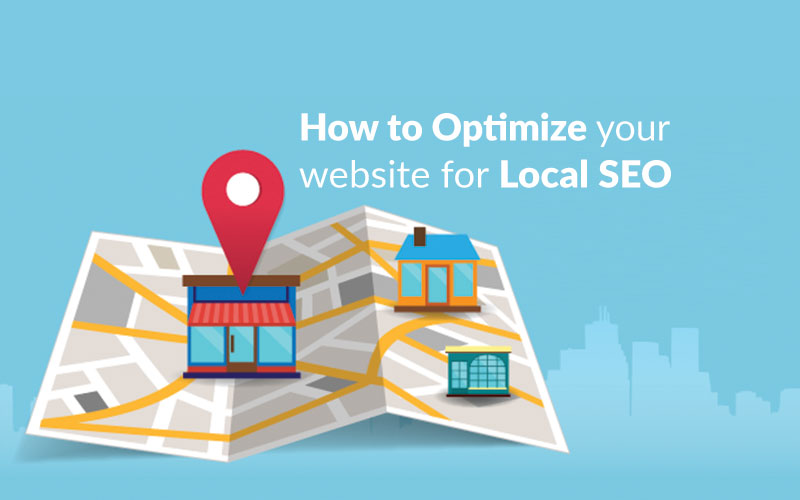Do you want to optimize your website but have trouble communicating with the technical professionals running it? Jargon alone shouldn’t stop you from making your site the powerful marketing tool it can be. Hiring SEO professionals will not resolve the problem completely; in order to get the work done you will have to understand some technical terms to come to a mutual understanding. This blog from SEO service Melbourne will be of definite help to you.
We tend to bring to your knowledge the most essential search engine optimization (SEO) terms used, to help you communicate with developers and understand how to optimize your websites.

Important Tips To Optimize Your SEO Website:
- 301 redirect: You might see or hear 301 redirect when a page appears when the website at the URL searched for, has permanently moved to another URL. It will usually contain information about where the website has moved to.
- Algorithms: The formula or procedure a search engine goes through to determine where a page should rank in the search results.
- Alt text: Alternative text – Used to describe an image. If the image cannot be viewed, the alt text will show up instead. It can also help with search engine optimization as search engines can ‘see’ the alt text, whereas they cannot differentiate from one image to the next.
- Analytics: A collection of data containing information about the way the website is used, such as hits or total time spent on the website.
- CAPTCHA: Completely Automated Public Turing test to tell Computer and Humans Apart – This is a ‘test’ to tell humans and computers apart, mostly used for stopping bots or automated programs from spamming a website. E.g. you will often see this when you try to create an account on a website, a box containing random letters, numbers or words will appear. It’s easy for a human to read them and type them out again, but it’s much harder for a program to do.
- CMS: Content Management System – Any program such as Word Press, which allows the creation of content without needing to do any of the coding side of content creation.
- CPC: Cost Per Click – Each time a banner or advertisement is clicked on, the advertiser will be charged.
- Hits: A request for something on a web page to load, such as the page or a graphic. Hits are not a good indication of website traffic as things like images count for a ‘hit’. For example, if your page has six images and it’s loaded once, that would class as seven hits.
- HTML: Hypertext Markup Language – A language made up of a variety of tags which will determine how a website will look, such as the layout and the text colour.
- META tag: A HTML tag which contains information about what platform the website was built on and keywords which relate to the website. This information will not be displayed on the website itself.
- On site SEO: This is any work carried out on a website that will help search engines find your website, such as using keywords throughout and using alt text.
- Off site SEO: Links back to your website are considered recommendations by search engines, so if your page has been linked back to a search engine will think the content you have produced is high quality and useful and will therefore give you a higher page ranking.
- Page rank or PR: This is how relevant a search engine considers your page to be in relation to the keywords searched.
If you have a high page rank, then the search engine considers the page to be very relevant to the words searched. If you have a low page rank then a search engine doesn’t consider your page relevant to what has been searched.
This is why using keywords is vital for search engine optimization.
We have taken up some of the most commonly used jargons as a topic of this blog in order to bridge the gap of understanding. To provide Best SEO services in Melbourne, Platinum SEO want their associates to share an equal platform of understanding. It isn’t difficult to learn these, but is a good idea to pace yourself and not overburden with information. Most SEO-related concepts make sense once you learn about them.









